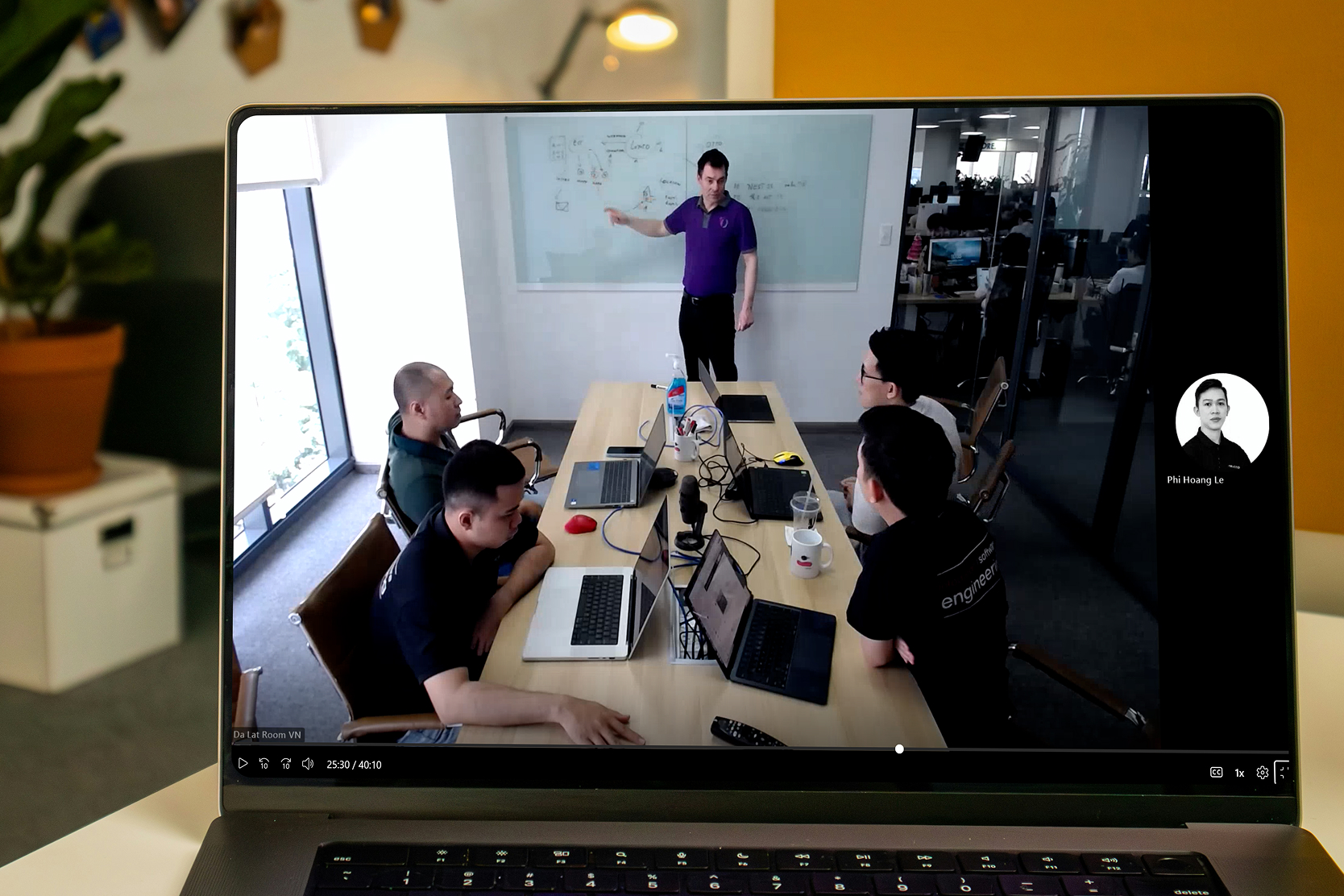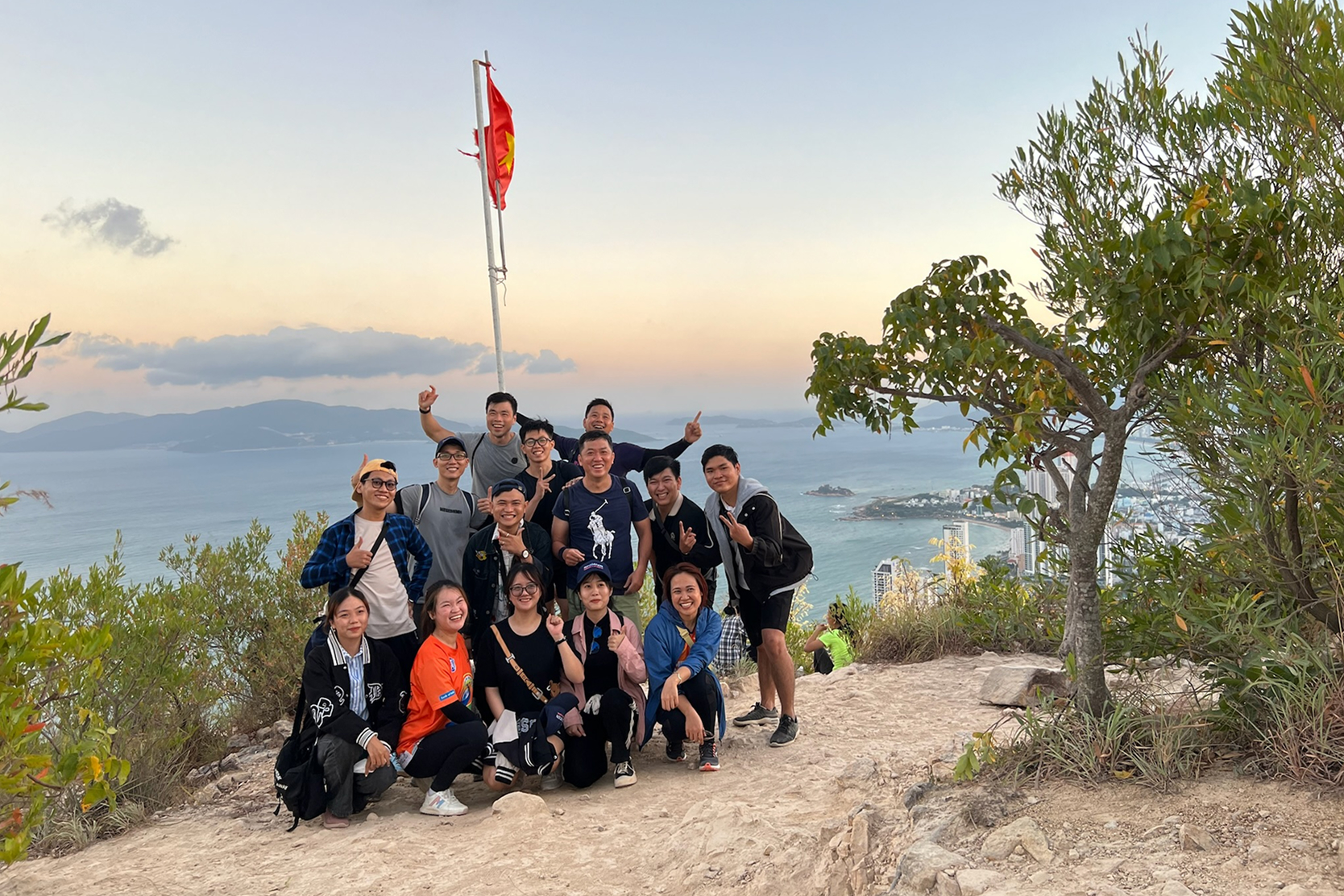Understanding Each Other: The Foundation of Teamwork
For any team to function effectively, mutual understanding is crucial. This becomes even more challenging when team members are separated by physical distance and cultural differences. At Infodation, we have implemented a mirrored organisational structure, where project owners and architects are present both locally and remotely. This overlap creates a strong communication channel that benefits the entire team.
Celebrating Together: Building Team Spirit
Celebrations are vital for team morale, but organising them for geographically distributed teams can be tricky. It's essential not to overlook this aspect. At Infodation, we ensure that celebrations are facilitated, even if it means involving the HR department. Sharing a cake after an exceptional achievement, with everyone enjoying the same treat, will significantly boost team spirit.
“By fostering mutual understanding, celebrating achievements, managing time zones effectively, embracing cultural differences, and addressing hidden issues, Infodation has created a robust framework for success.”
Time Zones: Turning Challenges into Strengths
Time zone differences can be both a strength and a weakness. When managed well, they extend the workday, allowing for continuous service to clients. Our teams in Vietnam perform server maintenance in their morning while clients in Europe and America are still asleep. By midday in the Netherlands, we shift to client meetings and drafting use cases, effectively creating a 12-hour workday without overburdening our team members. However, this requires careful management to avoid the pitfalls of miscommunication and overwork.
Embracing Differences: Learning from Each Other
Cultural differences can be a source of strength. Generally, Asian team members focus on problem-solving, while Europeans tend to want to prevent problems. This dynamic can be seen negatively, as a series of crises versus inaction, but positively, it fosters mutual learning. Europeans gain confidence in future outcomes, while Asians learn to maintain a sustainable pace.
Navigating Underwater Currents: Addressing Hidden Issues
Teams are composed of individuals, and it's easy to fall into a client-supplier relationship where not everything is communicated openly. For instance, a team heavily reliant on a single senior member can face instability if that person feels unfulfilled and decides to leave. Even physical barriers, like a staircase between floors, can hinder communication, pushing people to rely on digital meetings. This makes the leap to collaborating with colleagues in Vietnam less daunting.
Conclusion
Working in distributed teams presents unique challenges and opportunities. By fostering mutual understanding, celebrating achievements, managing time zones effectively, embracing cultural differences, and addressing hidden issues, Infodation has created a robust framework for success.
Interested in seeing our teams in action? Contact Infodation today to learn more about how we can help your organisation thrive with distributed teams.












